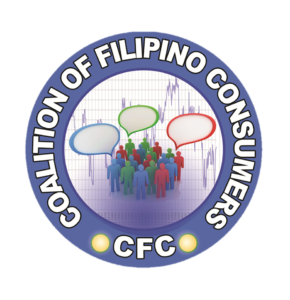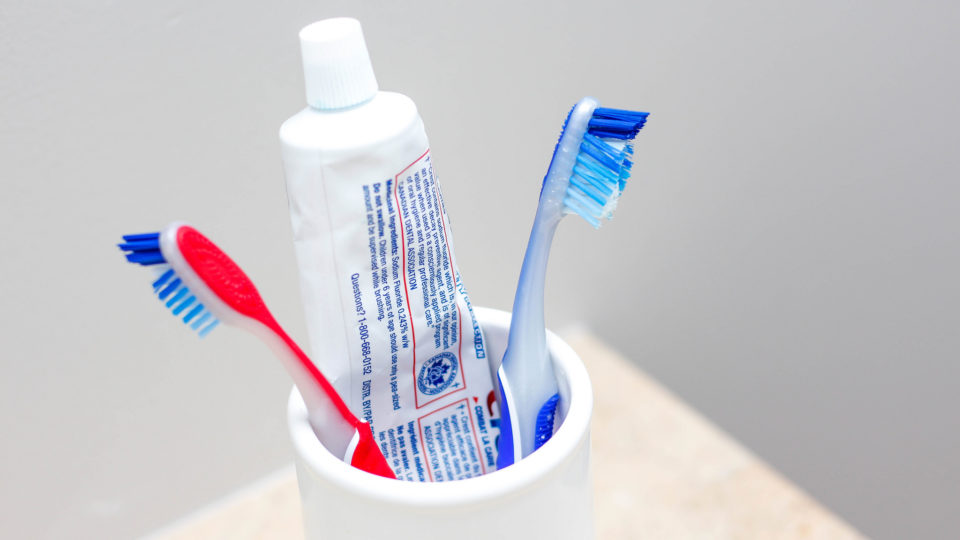PRESENTED BY

Did you brush your teeth this morning? If not, ew. If yes, well, what you’re about to read might shock you into wishing you hadn’t. Ready? There’s a good chance that your personal care regime features products that contain Triclosan, a chemical substance that acts as an antibacterial additive, but was recently banned by the Food and Drug Administration (FDA) in the United States.
You’re probably thinking two things: “How do you pronounce that?” and “What the heck is it?”
It’s pronounced trik-clo-san or try-clo-san. We’ve heard both. But what’s not up for interpretation is the danger involved, which brings us to our next point.
The chemically synthesized Triclosan can be found in everyday household products from hand wash to toothpaste, kitchen utensils, sanitary scrubs, pesticides, clothes, paint, and even industrial equipment. (Just the thought that it’s in sanitary scrub should be a pretty obvious sign Triclosan shouldn’t be used on skin and teeth, right?)
Not to scare you (okay, maybe a little), but its original function was as a pesticide and anti-bacterial cleaner for hospital rooms. Look on a bright side (the bright gleaming hospital floor, that is), at least any visit to the doctor is a hygienic experience.
Triclosan has slowly seeped into our personal care products. The big question is: Why should that worry us?
In 2017, this substance was banned from soap and hand wash products in the US by the FDA. That’s because studies showed adding Triclosan didn’t have any positive effect, or any effect at all, when added to these products. It’s something as pointless as wearing sunglasses in the dark, or cutting steak with butter knife. Just inarguably ineffective – you get the idea.
We hate to break it to you, but according to the FDA in the US, research conducted on lab rats (sorry, lab rats) showed the effect of Triclosan in blood circulation leads to abnormalities in the reproductive system, metabolism, and hormone irregularities.
It gets worse — this chemical could be in your toothpaste, which means you could be ingesting a small but accumulated amount of Triclosan. Hold on, it’s banned from hand wash but not toothpaste? We don’t think logic was used to make this decision. Watch the video below to learn more.
In 2004, the US Centers for Disease Control and Prevention (CDC) revealed that Triclosan was found in 75% of 2,517 urine samples collected. That’s a scary number — like 3 in every 4 people you meet has this in their bodies.
So where does this leave us Pinoys? Philippines’ FDA has yet to ban Triclosan from any personal care products, leaving us exposed and vulnerable to this potentially harmful chemical that was meant to remove bacteria, but could in fact create more powerful, antibiotic resistant bacteria — just like in sci-fi movies where virus outbreaks overpower vaccines. In reality, we need to think twice about this life-endangering substance called Triclosan.
So what can you do to stop this from harming your well-being? Stay alert. Be a conscious consumer, especially when it comes to toothpaste. That’s easily a crucial product we habitually put in your mouth 2-3 times a day unknowingly that its residue might end up inside our system. The next time before brushing your teeth, make sure that your products’ ingredients do not contain Triclosan, or Microban or Biofresh (those names are marketing’s way of distracting you).
At this point, it’s a mutual understanding that Triclosan is a chemical we must strictly avoid, for a chance at better health.



